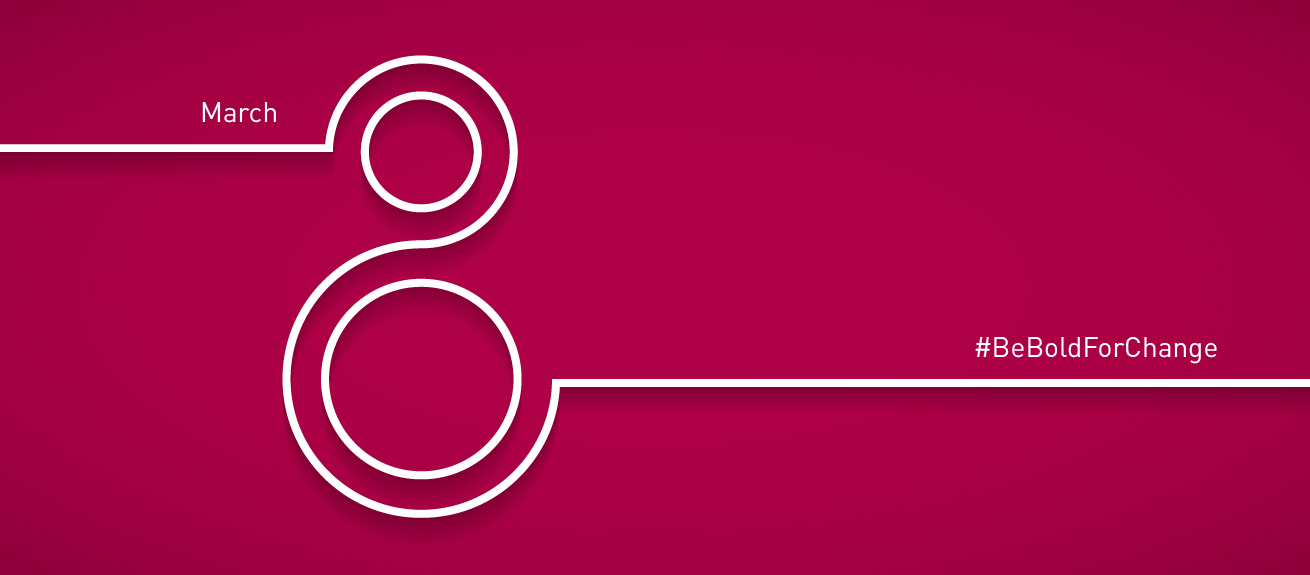
IMD interviewed Professors Bettina Buechel and Ginka Toegel to discuss to challenges facing women leaders in 2017 on the occasion of 8 March, International Women’s Day. The theme this year is “Be Bold for Change”.
IMD caught up with Professors Bettina Buechel and Ginka Toegel to discuss to challenges facing women leaders in 2017
IMD: What do you think women leaders can do to be bold for change?
Bettina Buechel: Not take their position within society for granted and negotiate roles that they desire – Ask for what you want.
IMD: What are the top challenges facing women leaders today?
Bettina Buechel: The underlying biases are strong and profound – often men are not even aware that they are making decisions about women’s careers based on these biases – yet women are also not challenging or negotiating for what they want. Unless you ask you won’t get. In new job positions, women tend to underestimate their competencies and question whether they can fulfil the role. Men often see no issues in having some competencies not covered as learning is seen as part of the job. Also having a strong network of supporters helps men and sometimes is not the case among women.
Ginka Toegel: Unconscious gender biases lead to disparities in the promotion rates at the first step up to manager. Some of those biases are particularly resistant, for example the ‘master stereotype’ that men have emotion while women are emotional. The gender pay gap still exists. And, ironically, women who push for diversity and advocate for other women are often penalized for doing that, as recent research suggests.
IMD: What are the most important initiatives right now for women leaders?
Bettina Buechel: Pressure by the government to introduce gender board quotas and self-reporting on progress of women in leadership positions is now becoming more standard practice is creating some momentum. The Norwegian companies are probably most advanced today given that they have worked with quotas for a long time.
IMD: What global action is needed to accelerate gender parity?
Bettina: While I started out being a non-believer in quotas, I now think there is no alternative to create real shifts.


